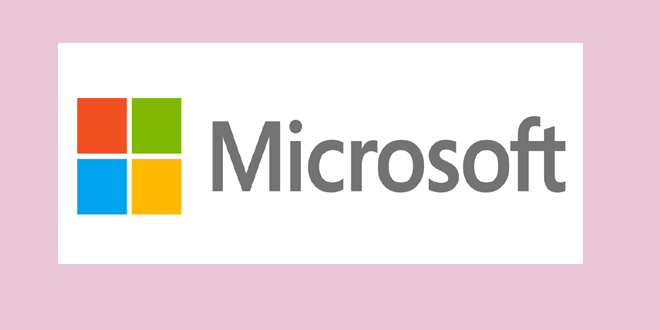Microsoft disables the ms-appinstaller protocol handler by default due to its misuse by several threat actors to spread malware.
“The observed threat actor activity abuses the current implementation of the ms-appinstaller protocol handler as an access vector for malware that may lead to ransomware distribution,” the Microsoft Threat Intelligence team said.
By F2
/ Tuesday , June 24 2025
The U.S. House of Representatives has banned congressional staff from using WhatsApp on government devices due to security concerns, as...
Read More
By F2
/ Tuesday , June 24 2025
Kaspersky found a new mobile malware dubbed SparkKitty in Google Play and Apple App Store apps, targeting Android and iOS....
Read More
By F2
/ Tuesday , June 24 2025
OWASP has released its AI Testing Guide, a framework to help organizations find and fix vulnerabilities specific to AI systems....
Read More
By F2
/ Tuesday , June 24 2025
In a major milestone for the country’s digital infrastructure, Axentec PLC has officially launched Axentec Cloud, Bangladesh’s first Tier-4 cloud...
Read More
By infosecbulletin
/ Monday , June 23 2025
A hacking group reportedly linked to Russian government has been discovered using a new phishing method that bypasses two-factor authentication...
Read More
By infosecbulletin
/ Wednesday , June 18 2025
Russian cybersecurity experts discovered the first local data theft attacks using a modified version of legitimate near field communication (NFC)...
Read More
By infosecbulletin
/ Tuesday , June 17 2025
Cybersecurity researcher Jeremiah Fowler discovered an unsecured database with 170,360 records belonging to a real estate company. It contained personal...
Read More
By infosecbulletin
/ Tuesday , June 17 2025
GreyNoise found attempts to exploit CVE-2023-28771, a vulnerability in Zyxel's IKE affecting UDP port 500. The attack centers around CVE-2023-28771,...
Read More
By infosecbulletin
/ Tuesday , June 17 2025
The U.S. Cybersecurity and Infrastructure Security Agency (CISA) has recently included two high-risk vulnerabilities in its Known Exploited Vulnerabilities (KEV)...
Read More
By infosecbulletin
/ Monday , June 16 2025
SafetyDetectives’ Cybersecurity Team discovered a public post on a clear web forum in which a threat actor claimed to have...
Read More
ALSO READ:
India’s ISRO to launch AI enabled 50 Spy Satellites
Cybercriminals offer a malware kit that uses the MSIX file format and ms-appinstaller protocol handler. The changes are in effect in App Installer version 1.21.3421.0 or higher.
The attacks involve signed malicious MSIX application packages. These packages are distributed through Microsoft Teams or malicious ads for popular software on search engines like Google.
Since mid-November 2023, four different hacking groups have been exploiting the App Installer service for financial gain. In October 2023, Elastic Security Labs discovered a campaign involving fake MSIX Windows app package files for popular software like Google Chrome, Microsoft Edge, Brave, Grammarly, and Cisco Webex. These files were used to distribute a malware loader called GHOSTPULSE.
Microsoft disabled the MSIX ms-appinstaller protocol handler in Windows before, in February 2022, to block threat actors from using it to distribute harmful software like Emotet, TrickBot, and Bazaloader.
“Threat actors have likely chosen the ms-appinstaller protocol handler vector because it can bypass mechanisms designed to help keep users safe from malware, such as Microsoft Defender SmartScreen and built-in browser warnings for downloads of executable file formats,” Microsoft said.
 InfoSecBulletin Cybersecurity for mankind
InfoSecBulletin Cybersecurity for mankind














